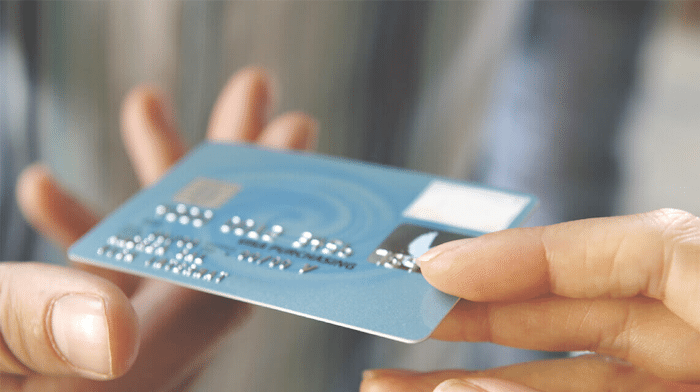Getting your first credit card can be an important step in your financial journey. Although you may already be familiar with the basics of how credit cards work, But there are some useful credit card tips for beginners that may also be useful to know. Let’s learn more about some basic tips to keep in mind when starting your first credit card.
Recommendations For New Credit Card Users
When it comes to tips for first time credit card users. One of the most important things you need to do is make sure you know your card. So that you can use the card responsibly and get the most out of it. Other important recommendations include:
Automatic payment
Most credit cards have an automatic payment feature. This means every month on the due date of your credit card bill. The card issuer will be able to withdraw funds automatically. Automatic payments usually have different settings. This means you may have the option to ask the issuer to withdraw the minimum payment. Total balance or other specified amount each month
Using automatic payments can have some important benefits. The first is just to ease your mental burden. Although it is always important to keep track of your payments. But not paying your bills yourself every month will give you one less thing to worry about. Another benefit of automatic payments is that it helps ensure that you pay your bills on time each month.
Payment history is an important part of your credit score. So paying at least the minimum amount on your credit card account on time each month can help ensure a good payment history. Just make sure you have enough money in the account you’re withdrawing from to cover the amount you set up for automatic payments each month. Otherwise, you could miss out on these potential benefits.
Check your credit card usage
Credit card utilization is another important factor in your credit score In short, credit card utilization is the percentage of available credit that you use. This is something to keep an eye on because lower credit utilization is better for your credit score. It is generally accepted that 30% or less is ideal.
Don’t spend more than you need.
This tip may seem obvious. But it can be easy to spend a little more than you currently have. However, if you think you’ll pay it off after your next paycheck, it could leave you with a balance you can’t pay off each month. This usually means you will start charging interest. This can make it more difficult to pay off your debt.
To avoid falling into this cycle, you may want to consider treating your credit card like a debit card. Spend only as much money as you actually have at the time. And try to use your credit card only for planned purchases within your monthly budget.
You can also pay off your credit card balance multiple times during a billing cycle. It can help you keep track of your spending by paying off your balance each time you use your credit card. Every weekend or more often than that and help you carry on as normal. It also helps to keep your consumption low.
Track special offers
If you open a credit card with a special offer, such as a low APR as an introductory offer, It may also be worth specifying when the offer period ends and normal terms and conditions will apply. There are several types of introductory or sign-up offers you may be eligible for when you open a new credit card. But it is important to know when the vesting period ends. This will help you avoid surprises such as unexpected interest charges.
Think of the rewards.
Credit card rewards may seem like the most exciting part of opening a credit card. If your current credit card doesn’t offer rewards You should upgrade to an upgradeable card once you’ve established a credit history. When choosing a card that rewards you for the type of spending you spend the most on, try not to aim for more points than responsible credit card use or a good payment history.
Benefits Of Opening A Credit Card
If you’re just getting started with a credit card You may have questions about some of the benefits of getting a credit card. Learn more about the following benefits:
- Building Credit: Credit cards are a great way to build credit. This can be helpful if you’re hoping to open other lines of credit, such as a mortgage or car loan.
- Feel more protected: Credit cards can offer consumers strong protections, such as fraud protection against any liability. Of unauthorized purchases In addition, federal law limits consumer liability for unauthorized purchases to $50.
- Earn rewards: If you have a rewards credit card and use it responsibly, you may find that you only get rewards by making regular purchases within a budget. You can also use these rewards for things like hotel stays. Airline miles or refundable
Summarize
When it comes to credit card tips for beginners. The most important thing to remember is to use your card responsibly. And remember how your usage can affect your credit score. Making at least the minimum payment on time each month can improve your payment history. Meanwhile, maintaining a low balance can improve your credit card usage. It’s also helpful to consider the length of your credit history when upgrading your credit card. There are many benefits to using a credit card as long as you are responsible and educated.
